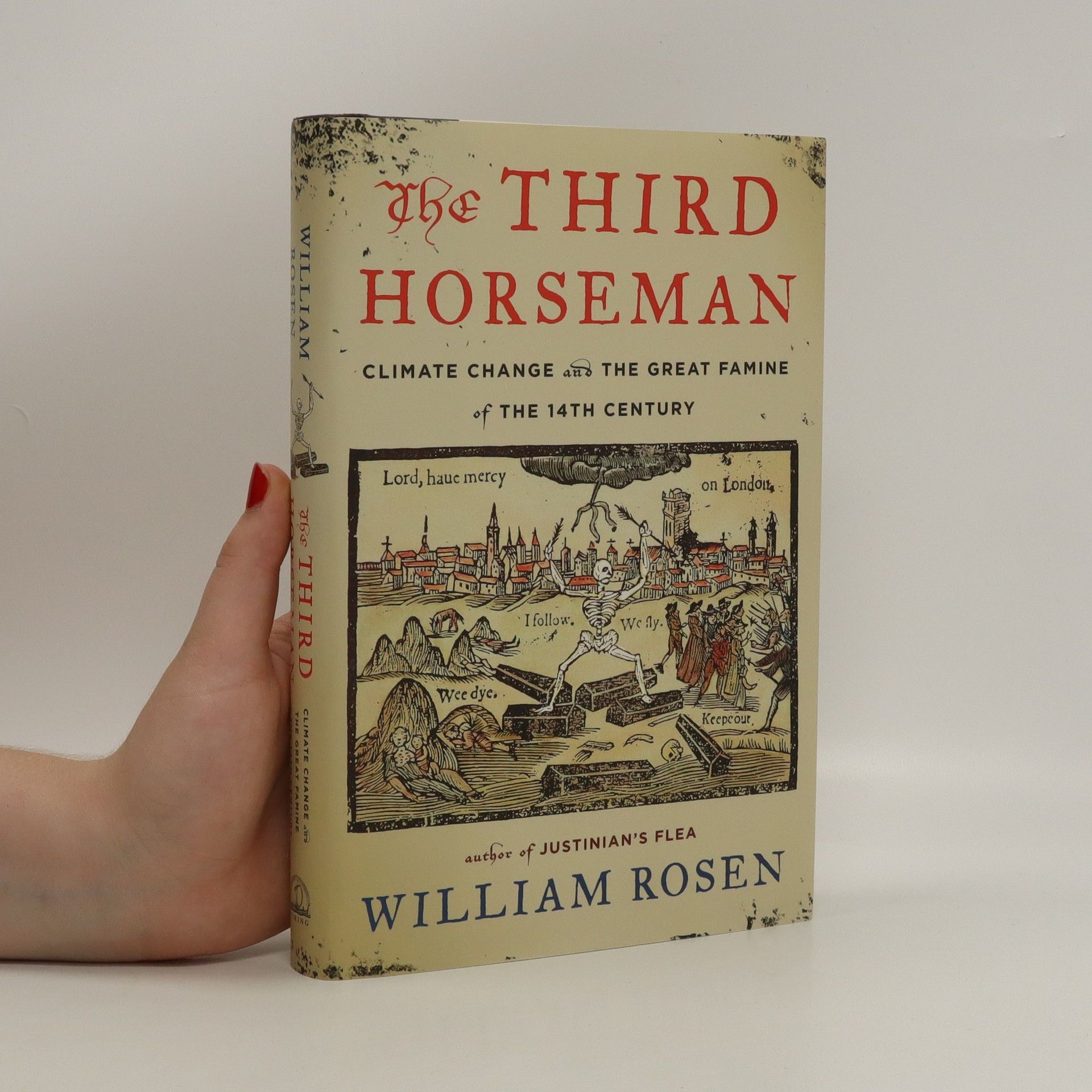The narrative unfolds the dramatic clash between a minuscule organism and a powerful empire, exploring themes of survival, resilience, and the far-reaching impacts of nature on human history. Through vivid storytelling, the author delves into the intricate relationship between humanity and the natural world, highlighting how a seemingly insignificant entity can challenge and reshape the course of an empire. Rich in historical detail, this epic tale captures the tension and consequences of this extraordinary encounter.
William Rosen Boeken
William Rosen was een historicus en auteur die complexe onderwerpen tot leven bracht door middel van meeslepende verhalen. Zijn stijl, die anekdotes gebruikte om draden van ontdekking en innovatie samen te weven, trok lezers naar de verhalen van wetenschap en technologie. Rosen betoogde dat het vermogen om incrementele vooruitgang te meten de sleutel is tot duurzame innovatie, wat zijn diepe interesse weerspiegelt in hoe vooruitgang de wereld vormgeeft. Zijn werk toont de onderlinge verbondenheid van historische gebeurtenissen en wetenschappelijke doorbraken en hun impact op de menselijke beschaving.


The third horseman
- 302bladzijden
- 11 uur lezen
In May 1315, relentless rain began in northern Europe, lasting until August, followed by the coldest winters in a millennium. Two animal epidemics decimated nearly 80 percent of livestock, while wars in Scotland, England, France, and Flanders ravaged farmland. Over seven years, these calamities resulted in the deaths of six million people—one eighth of Europe's population. This period marked one of the most catastrophic events in European history, known as the Great Famine. The narrative explores the intertwined forces that led to this disaster, linking feudalism, agricultural economics, climatology, and chivalric warfare to illustrate how impersonal traumas transformed hunger into starvation. Key figures, including Scotland's William Wallace and Robert Bruce, stand against Edward II of England, whose failures highlight shifting demographics. By integrating current scientific theories and economic models, the author underscores the implications of these historical events for contemporary climate change. This compelling account, rich in detail and insight, serves as a poignant reminder of how gradual shifts can disrupt the fragile balance of life and death throughout history.